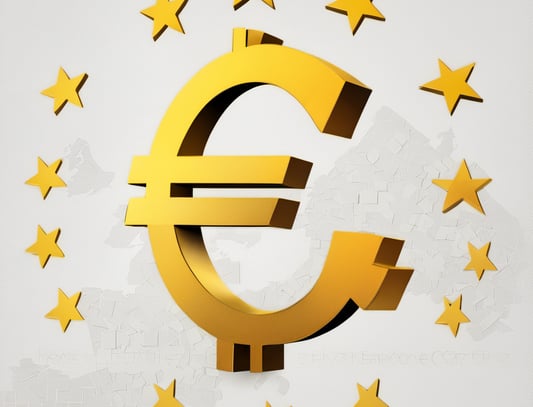International use of the euro remained stable in 2023
Source: ECB
6/30/20241 min read


The international role of the euro remained broadly stable in 2023, maintaining its position as the second most important global currency with a share above 19% across various indicators of international currency use. Despite a one percentage point decrease in the euro's share in global foreign exchange reserves to 20%, which is consistent with levels seen in 2020, the overall usage of the euro in international deposits, loans, and foreign exchange settlements saw limited declines. Notably, the euro's presence in international debt securities and trade invoicing between euro area and non-euro area countries increased. The European Central Bank (ECB) highlighted that elevated global inflation and geopolitical tensions pose risks to the stability of the international monetary system, necessitating vigilance against emerging cracks. ECB President Christine Lagarde emphasized the importance of monitoring these developments closely.
Looking forward, the ECB underscored the necessity for deeper European economic and financial integration to bolster the euro's international role, especially in the face of potential fragmentation in global payment systems. Enhancements in cross-border payment systems and the pursuit of sound economic policies are seen as critical to enhancing the euro's resilience. The Eurosystem supports efforts to complete the Economic and Monetary Union and advance the capital markets union, aiming to strengthen the euro's position in a potentially more fragmented world. President Lagarde reiterated that such integration and improvements are pivotal for maintaining and increasing the euro's international relevance.


